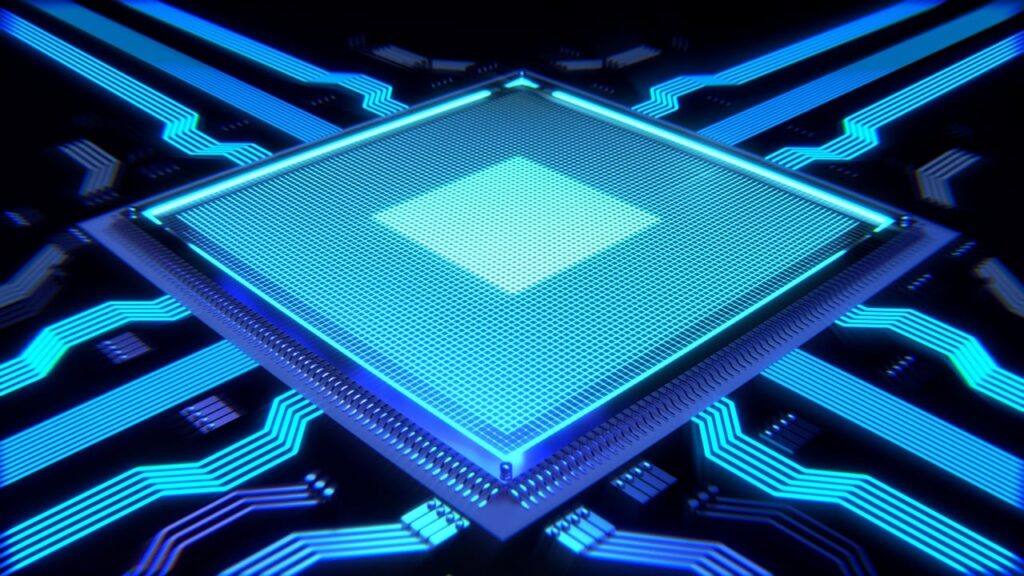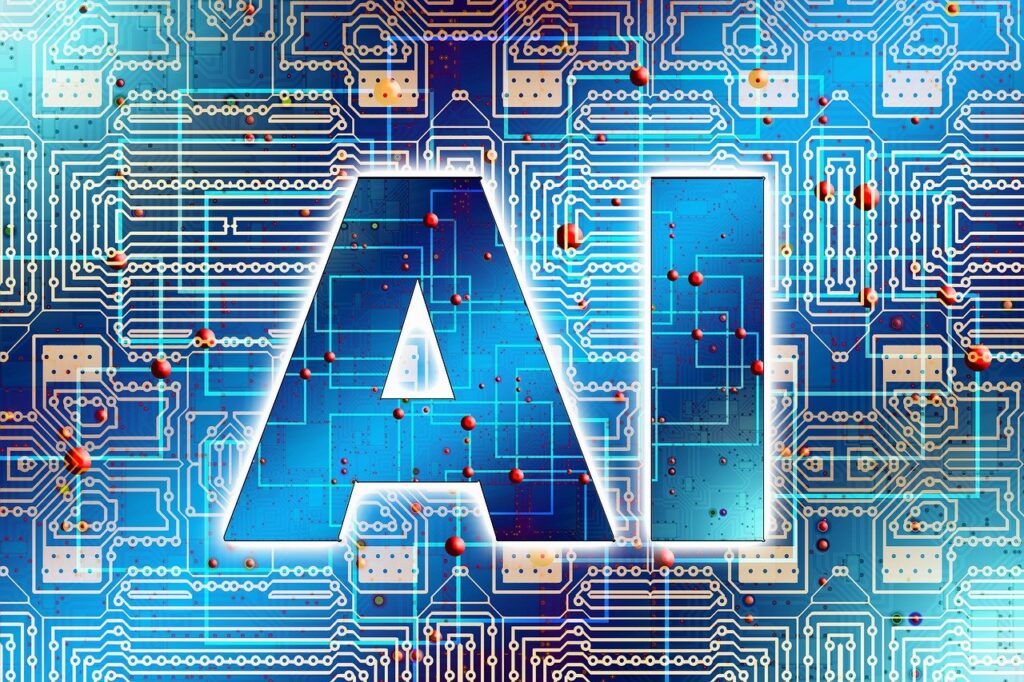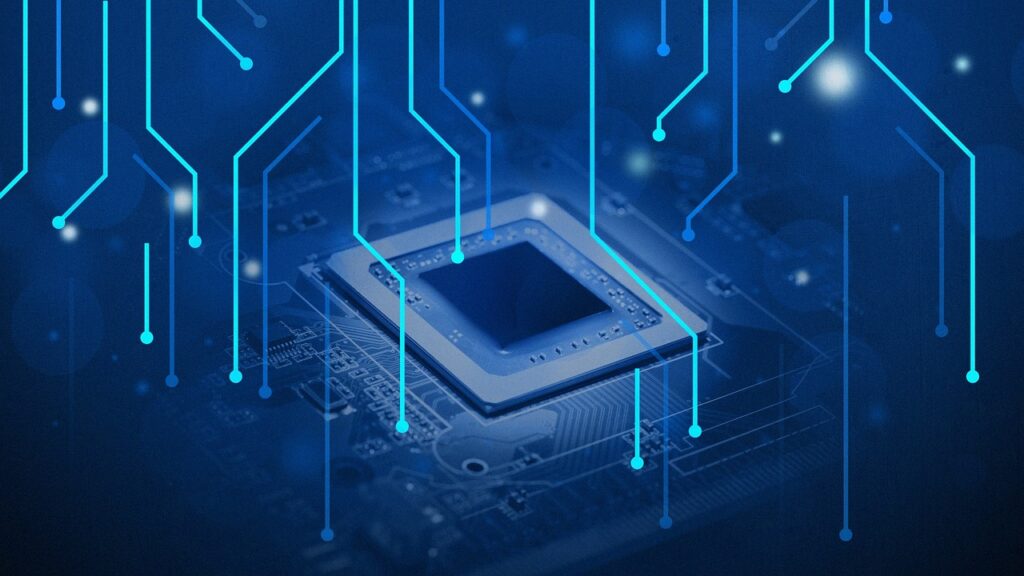One of the most interesting near-term mergers is between NVIDIA and ARM, which has garnered interesting support and some growing resistance. The support primarily is based on the need for ARM to support a parent who wants them and could advance the technology aggressively into the data center and expand it into high growth areas like robotics and AI (artificial intelligence). The resistance is tied to concerns about control over the technology and possible anti-competitive actions by NVIDIA, coupled with competitive concerns that the resulting company might wipe out much of the existing competition.
Let’s parse these arguments this week.
NVIDIA ARM: The Pros
ARM has a ton of potential, but its current owner Softbank hasn’t done as much with the technology or company as many hoped. Against its potential as the leading high-volume collaborative and open-source processor technology in the market—a position should have resulted in more growth than the firm is experiencing—the company has underperformed. NVIDIA is both focused and has a strong history of funding critical efforts like ARM to succeed, which is a critical improvement over Softbank’s comparatively lower energy approach to managing the company. Under NVIDIA, ARM will increase in strength significantly.
NVIDIA, which both AMD and Intel bracket with X86 technology, can’t license and lacks the breadth of CPU/GPU solutions that both companies now offer. With Intel ramping their GPU technology rapidly and AMD’s executing impressively well, NVIDIA, without ARM, appears at risk to coming blended solutions they can’t counter. This competitive dynamic makes ARM a critical acquisition for NVIDIA if they survive and flourish in the years to come.
If the goal is to make ARM stronger and open up the server market to the technology NVIDIA, who has a strong GPU foothold with servers, makes a nearly perfect partner because they lack a CPU conflict of interest, and they are highly motivated to contest both AMD and Intel in this space.
NVIDIA ARM: The Cons
ARM’s nature is more cooperative and less of a particular monolithic company, somewhat similar to Red Hat but for hardware rather than software. But unlike IBM, which had aggressively changed its image from one of a proprietary vendor that didn’t play well with others to an open source champion before they acquired Red Hat, NVIDIA remains unchanged mainly as an old-school proprietary vendor.
For those that license from ARM, this is a huge red flag. While NVIDIA has promised not to mess with ARM’s licensing business, this position appears to go against NVIDIA’s past behavior. Most have had experiences with prominent vendors promising one thing before a merger and then reverting afterward. NVIDIA does have a history of doing what they say they will do, which should appease partners, but will likely not do much for concerned competitors.
This exposure can be mitigated through government regulation as a condition of approval, but efforts like this have been uneven in the past.
Odds Of Approval and The Fight to Come
I put the odds of approval at between 60% and 75%. They’ll hinge on several things, the viability of an alternative bidder as Softbank wants to sell, the approval of China, the approval of the UK, and the strength of NVIDIA’s interest versus the hurdles they’ll have to overcome to get this deal done. I’m not expecting the EU or the US to be significant problems, given ARM is a UK entity, and Brexit didn’t exactly wed the EU and UK onto the same page. NVIDIA can successfully argue they need this merger to continue to be successful, mitigating any US concerns.
However, China and Apple could be huge problems to this deal. China because NVIDIA is a US company and would fall under US controls over intellectual property, which could restrict China’s access to the merged company’s IP. This problem could be mitigated with a permanent waiver, and the current US administration is likely more amenable to this waiver than the last one was. The UK’s approval will likely pivot on any alternative buyer coming forward. There is at least one multi-buyer effort being put together. Still, it isn’t UK-sourced, and the history of buyer pools buying companies and accidentally killing them would be a concern for anyone favoring that approach.
Apple may be the biggest wild card. The firm is politically connected, has a powerful voice, and has the resources to tie up this deal with litigation. Apple wants to integrate vertically and while they can’t, for antitrust reasons, buy ARM themselves, nor do they play well in consortiums, making them an unlikely participant in a pool, they could be planning to use ARM as a litigation vehicle to take control of the merged NVIDIA at a discount much as they attempted with Qualcomm. This outcome would be the worst of all outcomes for the ARM licensees.
Finally, NVIDIA could form their own consortium with other key ARM licensees to mitigate this concern. But, as noted, consortiums rarely work out well for acquired companies due to the lack of clear leadership, making this outcome unlikely.
Wrapping Up: Worried About Apple
While the odds favor NVIDIA completing this effort successfully, the devil will undoubtedly be in the details as the company must navigate a quagmire of existing licensees concerned about NVIDIA’s control and regulatory bodies that have agendas that turn this into a bargaining chip. In the end, the success of this merger may have more to do with how NVIDIA balances these various decision-makers in the merger approval process than whether they can successfully ramp ARM to its full potential.
My biggest concern is about what Apple is planning; they have been pretty quiet about this acquisition. However, Broadcom, who appeared to be acting as Apple’s agent in the attempt to take over Qualcomm, supports the merger suggesting an end game is in play. Apple would love to acquire or control ARM and NVIDIA, which would deny those technologies to Apple’s competitors and could again use Broadcom to accomplish that goal. Apple may represent the biggest threat to both companies and the viability of this deal more than all other entities combined.
So, while I believe NVIDIA will be successful, it is what Broadcom and Apple may be planning that will likely keep me up at night.



